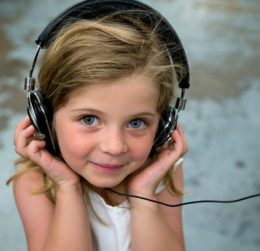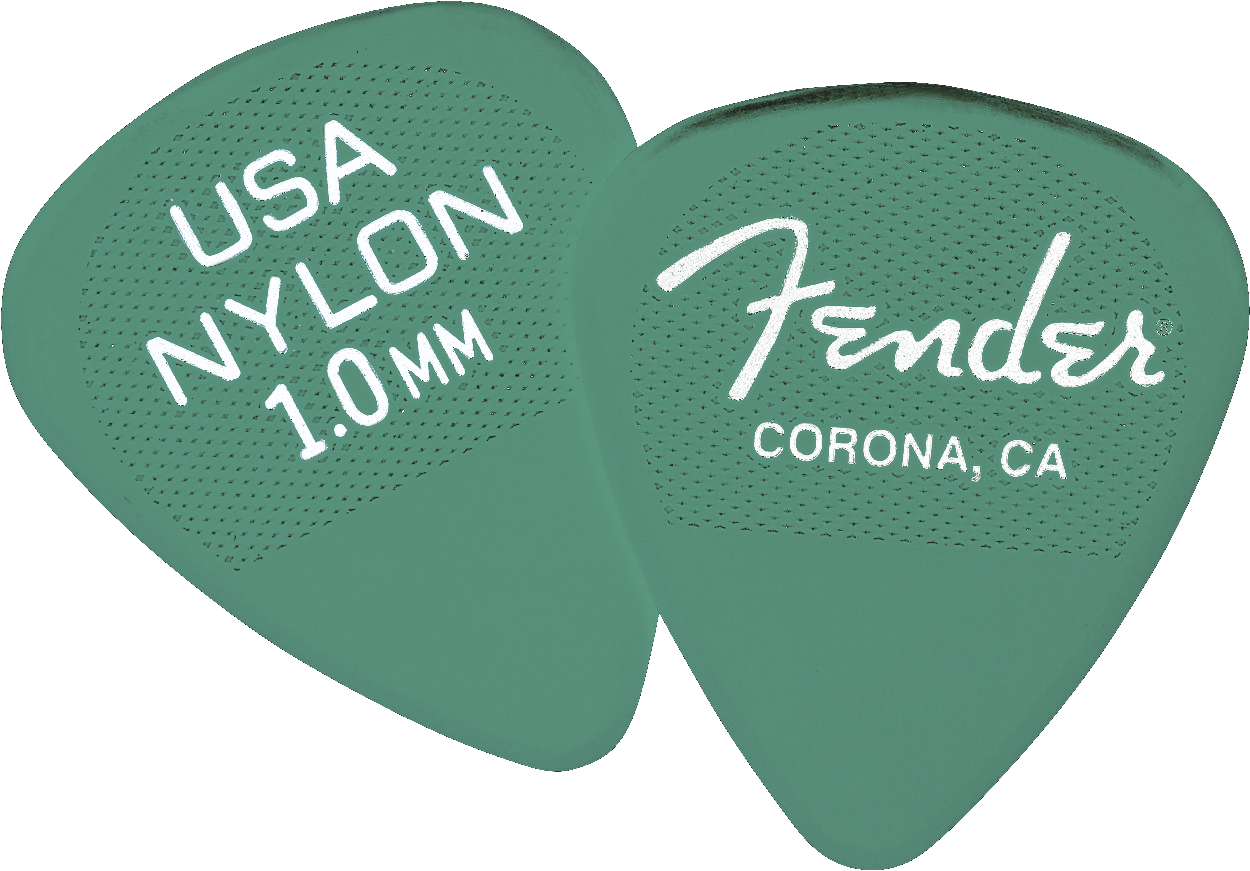
If you have been following our blogs, you know that we often talk about benefits of music – physical, emotional, and social.
However, there is one negative aspect as well. We are referring to the hazards of constant exposure to very loud music, which could lead to hearing loss and / or tinnitus, a very unpleasant ringing in the ears.
How could this happen? It all comes down to decibels.
Simply put, a decibel is a unit used to measure the intensity of a sound. Studies show that that we can safely listen to music up to 85 decibels, which, in musical terms, translates into (just as an example) a normal piano practice or chamber music concert in a small auditorium. If you frequently exceed this threshold, you are putting yourself at risk of hearing impairment.
That’s because very loud noises (above 110 decibels) damage sensitivesensory cells in the inner ear, and, over time, the hearing suffers. What does 110 decibels sound like? It is equivalent to noise blared by a power mower or jet engine.
Now, you may be wondering whether any music attains this level of loudness. The answer is yes. The average decibel count at a rock concert is about 115, with peak passages reaching the ear-blasting 150! That may explain why many professional musicians are almost four times more likely to suffer noise-induced hearing loss, and many of them do.
Famous rockers like Neil Young, Phil Collins, Eric Clapton, and Pete Townshend are just a few among many musicians living with irreversible hearing damage because of the noise levels they have been exposed to. In fact, Townshend helped found an organization aptly named HEAR (Hearing Education and Awareness for Rockers), which spreads the message about the dangers of repeated exposure to excessive noise.
Of course, it would be a great pity to forego the pleasure of music (either as a player or listener) just to avoid the risk of hearing damage. Good news is that there are ways to prevent this condition in yourself and your children – as long as you take sensible precautions.
Even if you don’t attend too many rock concerts, chances are that you and / or your children listen to music on iPods and other MP3 players, which can easily attain high decibel levels. However, there is no need to take drastic steps and give up your personal audio equipment altogether – just practice good sense and moderation by lowering the volume and taking frequent breaks.
You can also invest in some good noise-cancelling headphones, but the best prevention (which really IS worth a pound of cure) is educating yourself and your children about dangers of excessive noise and the importance of protective measures.
It goes without saying that our teachers know all about the effects of excessively loud music, and would never endanger your children’s ears. Such knowledge – along with other important aspects of music education like the proper technique and posture – is what distinguishes excellent teachers from the rest.
So when our teacher rings the doorbell at your Manhattan, Brooklyn, or Riverdale home or office, you can be sure that your little ones will be safe and – no pun intended – sound. After all, no matter what kind of instrument they play, they will always need their ears!
